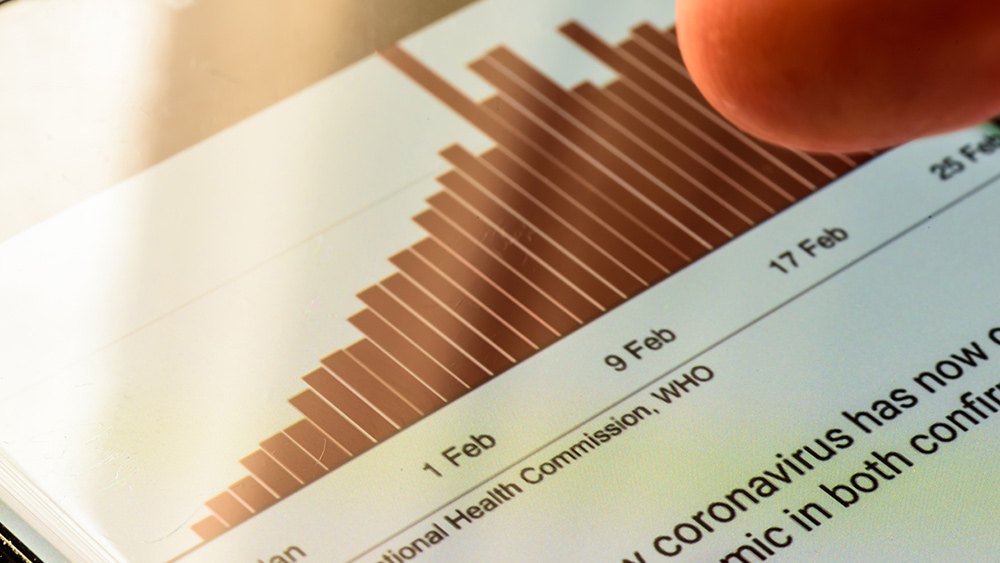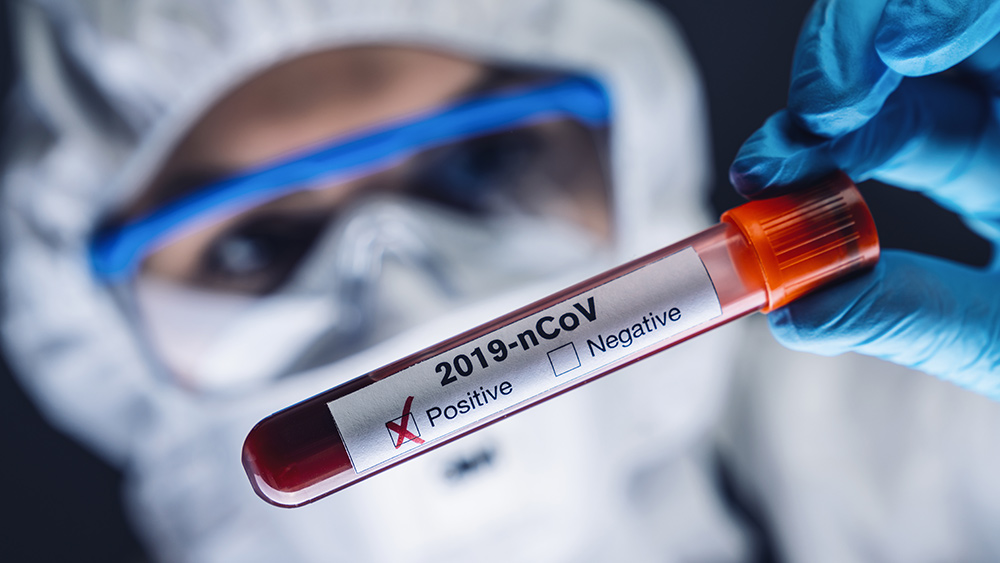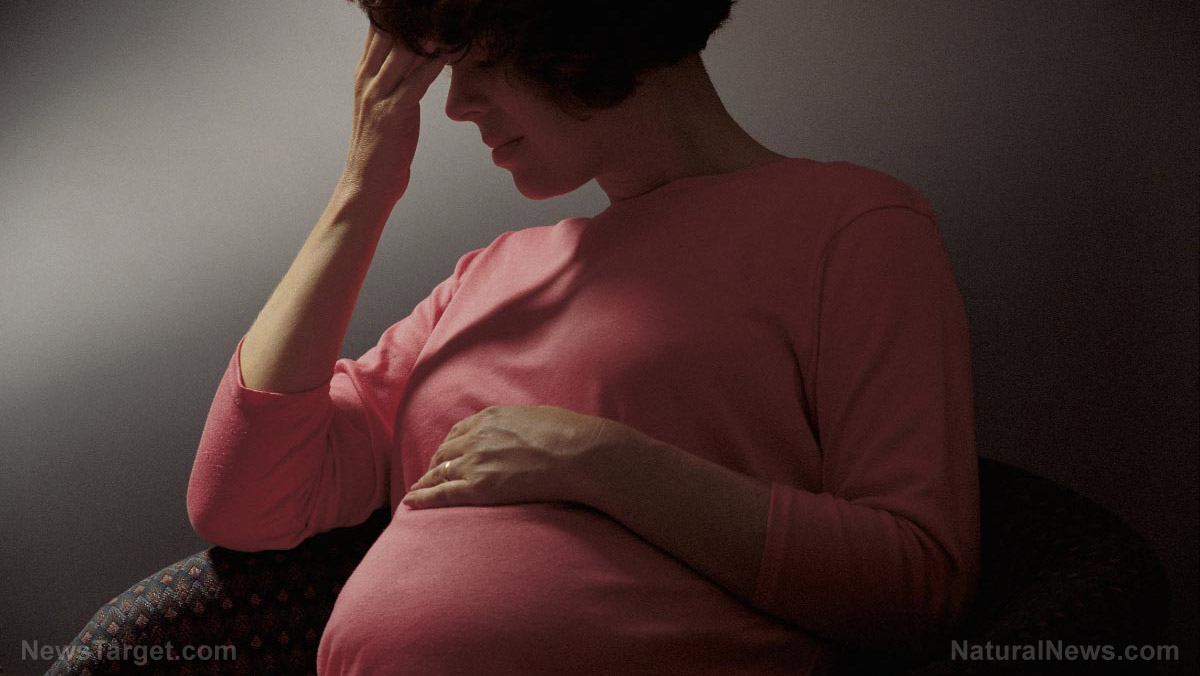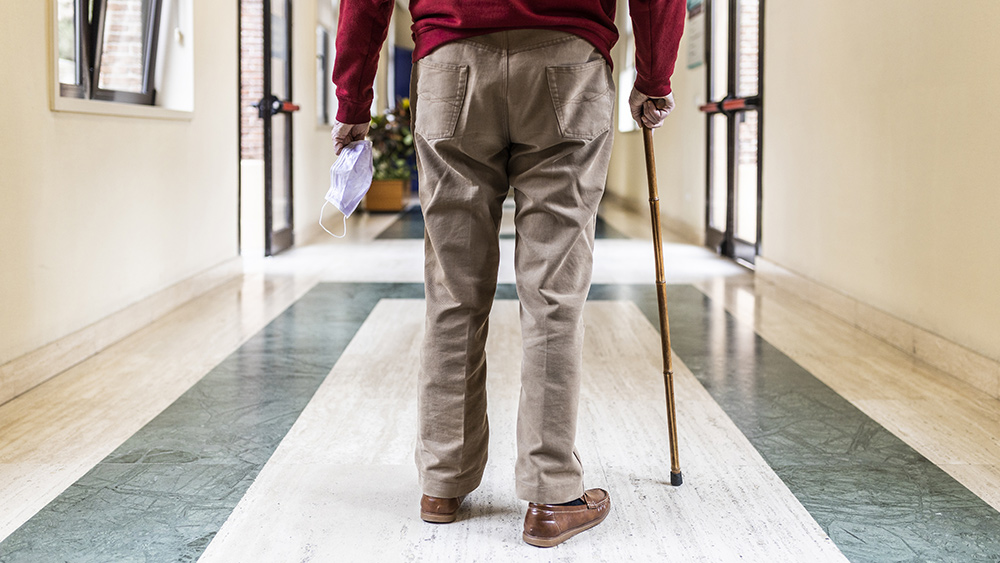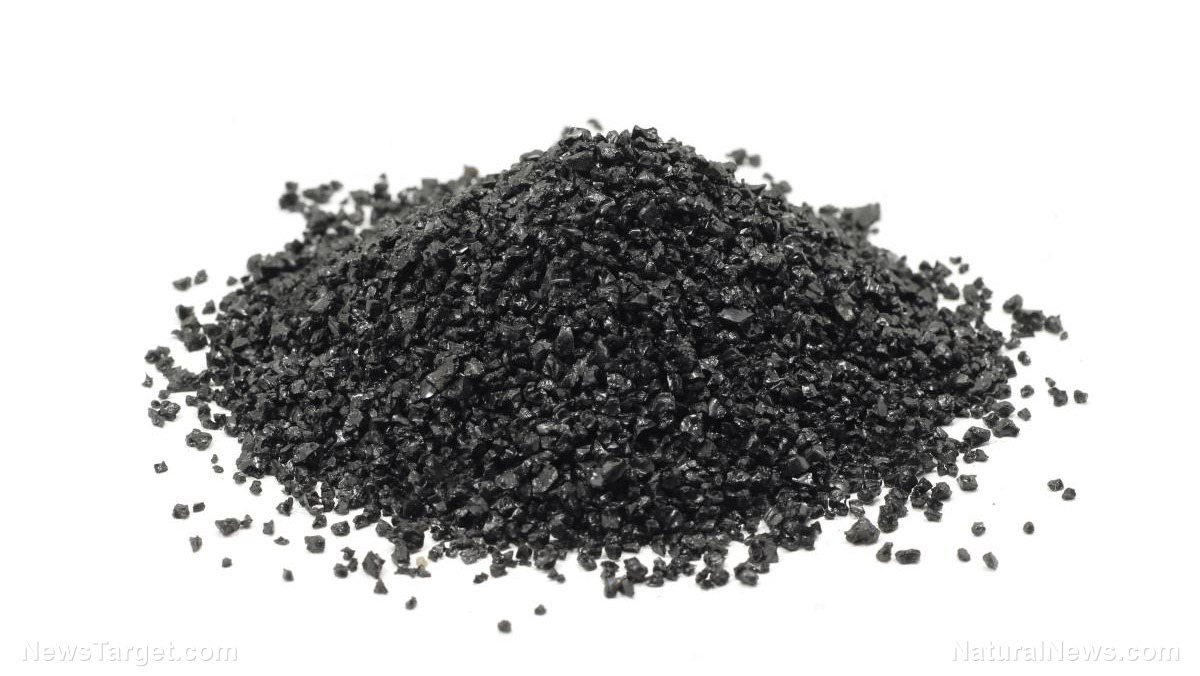You are a human guinea pig: FDA willing to let coronavirus vaccine makers SKIP crucial trial phase
09/01/2020 / By Franz Walker

In a bid to speed up the deployment of vaccines meant to stop the spread of the coronavirus in the U.S., the Food and Drug Administration (FDA) is now floating the idea of skipping a standard testing phase for existing vaccine candidates.
“It is up to the sponsor [vaccine developer] to apply for authorization or approval, and we make an adjudication of their application,” stated FDA Commissioner Stephen Han in an interview with the Financial Times on Sunday. “If they do that before the end of Phase III, we may find that appropriate. We may find that inappropriate, we will make a determination.”
Vaccines to be given “emergency authorization”
Based on the Centers for Disease Control and Prevention’s (CDC) guidelines, vaccines are usually trialed in three phases before they’re approved.
“During Phase I, small groups of people receive the trial vaccine,” the CDC explains on its website. “In Phase II, the clinical study is expanded and vaccine is given to people who have characteristics (such as age and physical health) similar to those for whom the new vaccine is intended. In Phase III, the vaccine is given to thousands of people and tested for efficacy and safety.”
After he made his statement, Hahn clarified that the FDA would not actually approve any vaccine that still hasn’t undergone Phase Three testing. Instead, the agency would issue what is called an emergency authorization.
“Our emergency use authorization is not the same as a full approval,” he explained. “The legal, medical and scientific standard for that is that the benefit outweighs the risk in a public health emergency.”
Hahn, however, did not specify how the benefits and risks of a vaccine that hasn’t undergone Phase III trials would be assessed.
Hahn’s predecessor casts doubt
On CBS’ “Face The Nation” Sunday, former FDA chief Dr. Scott Gottlieb stated that he was unsure about what Hahn meant.
“I’m not sure what he means by approving it earlier than when the trials are completed,” Gottlieb said. “They are going to wait for these trials to read out before they can make a decision around the efficacy of these vaccines.”
Gottlieb said that it was likely that data from phase three trials would come out in November. That said, should the trials show that the vaccine is very effective, that could move up to October.
Nevertheless, the former FDA chief expects the first approvals to be done on an emergency basis and only targeted at groups that may be at greater risk of infection.
“A full approval for the general population – when people can go to CVS and get a shot – that’s really a 2021 event,” Gottlieb said.
Other countries approved vaccines without Phase III trials
Should the U.S. give emergency authorization to deploy coronavirus vaccines even if Phase III trials are not yet complete, it will not be the first country to do so.
Both China and Russia have already approved their own coronavirus vaccines without waiting for the completion of Phase III trials.
Russia’s vaccine, called “Sputnik V,” represents the first coronavirus vaccine approved for civilian use. The vaccine comes with the endorsement of none other than Russian President Vladimir Putin.
“I know that it works quite effectively, it forms a stable immunity. I repeat: it has passed all the necessary tests,” he claimed, adding that his daughter has already been injected with it.
Scientists, however, have cast doubts on these claims, especially in light of the lack of data from the Russians on their vaccine.
“Everyone else in the world is publishing details of their vaccines and clinical trial protocols but it has been very hard to find out much about the Russian vaccine,” said Imperial College London immunology professor Danny Altmann. “We need a completely open, global assessment of different vaccine candidates.”
The same can also be said of China’s vaccine candidates. Beijing has been even more secretive than Moscow when it comes to its vaccine. In fact, it was only recently that it was confirmed that China had been secretly testing the vaccines on key public workers since last month.
And even with the secret tests, experts are not expecting the Chinese vaccines to be widely available until next year.
“I think there could be a few vaccines that come to market by December,” stated Professor Ben Cowling of the Hong Kong University Public School of Health to the BBC. “But I’m not sure if they will be available in large quantities.”
Follow Pandemic.news for more updates on the fight against the Wuhan coronavirus.
Sources include:
Tagged Under: CDC, coronavirus, corruption, covid-19, disease, FDA, Flu, outbreak, pandemic, phase iii testing, superbugs, vaccine, vaccine wars, vaccines, virus







